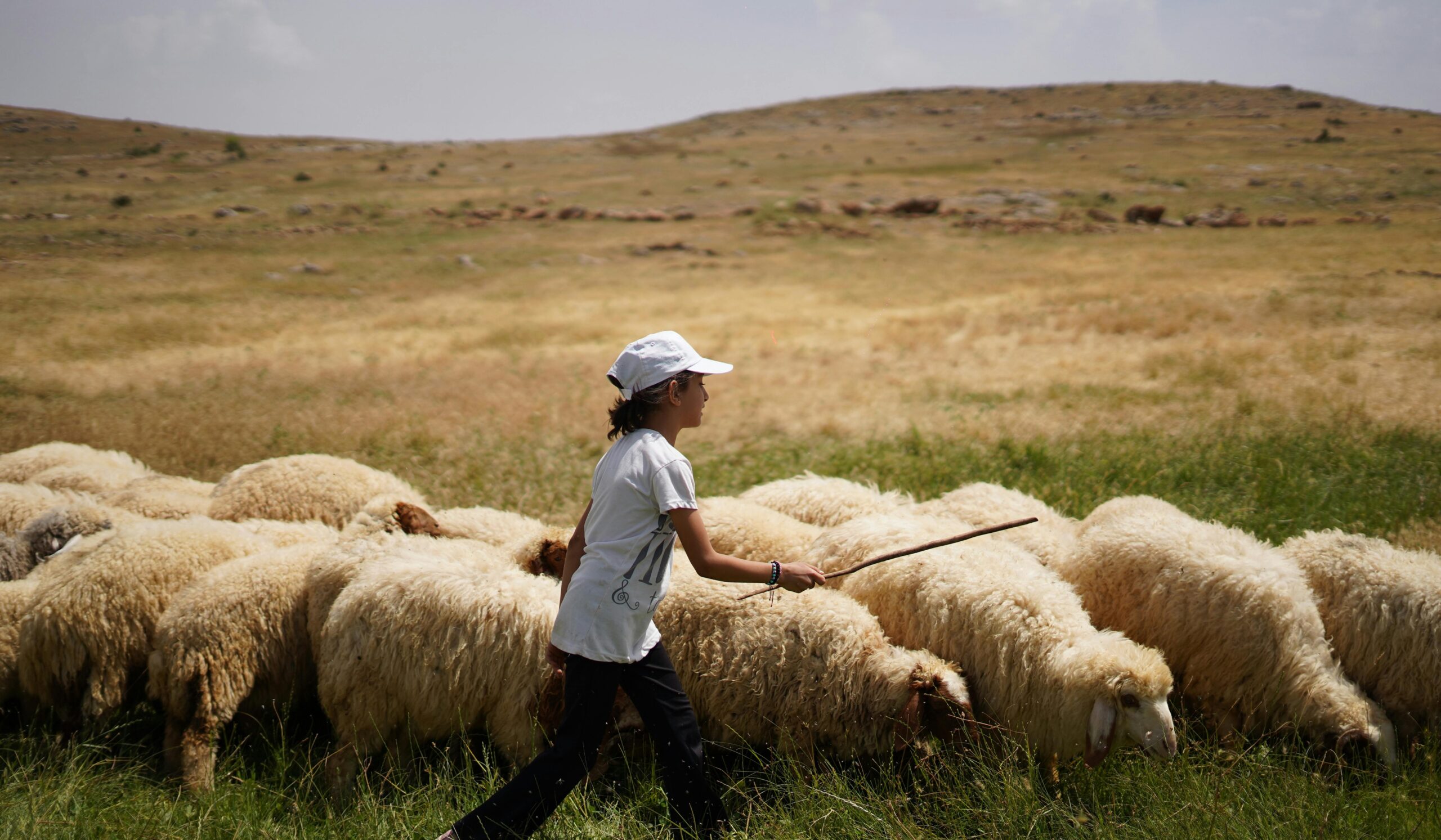
The Comeback School: How to Be Ready When Classes Begin Again
The news headlines were dramatic: Schools debate on whether to shut down or to stay open; students struggle with quarantine boundaries; children and teachers are expected to wear masks as infections continue to soar.
Sound familiar? Did you know those headlines were from the Spanish Flu in 1918?
Much like what happened last year, most U.S. schools closed during the 1918 influenza pandemic. With a few exceptions, their doors were shut for up to four months. What I love most about this story is that when the pandemic ended in April 1920, educators and parents viewed schools a bit differently; more holistically. By that time, people realized there was more to a successful life than reading, writing, and arithmetic. Society was opening up again and students would need to adapt to a new world.
Historian Mary Battenfeld reminds us, “Reformers of the period, known as the Progressive Era, took that notion to heart. In addition to school nurses, they established school lunch programs, built playgrounds, and promoted outdoor education.”
Laws were introduced to both protect and prepare kids for the world that awaited. Legislation attacked “societal barriers to child health and welfare by enacting child labor laws, making school attendance compulsory, and improving the tenement housing where millions of children lived.”
President Woodrow Wilson (an educator) declared 1918 the “Children’s Year.” Schools pivoted in response to not only offer academic lessons, but food, healthcare, and a philosophy of life students would need in the aftermath of the pandemic.
Want my opinion? I think we should borrow a page from our history books.
The New School Year
What will help both educators and students in the aftermath of today’s pandemic is a sense of purpose and meaning. Was this last year-and-a-half a blip on the radar screen or can we identify meaning and assign purpose to it in our lives? Can we let this huge interruption become an introduction to a better way to approach education?
This begs the question: Is it time to teach philosophy to our entire student body?
Pablo Picasso was a unique individual, not just as a sculptor, sketcher, and painter, but as a person. He wasn’t just about creating works of art but offering a philosophy of life to anyone who would listen. You might say, he was an artist with a mission.
His mantra was two-fold:
- What gives life purpose? To find your gift.
- What gives life meaning? To give it away.
Simple and profound. While I realize some would say these two statements are incomplete because they exclude faith, I still like how Picasso simplified what to focus on in life. I also admire how he embodied the statements.
During his long lifetime (1881-1973), Pablo created an estimated 50,000 pieces of art, including 1,885 paintings, 1,228 sculptures, 2,280 ceramics, and roughly 12,000 drawings, with thousands of prints, tapestries, and rugs. His career lasted 70 years, which meant he averaged two pieces of art per day. Did you catch that? Two a day for his entire adult life. We can only assume Picasso’s work ethic came from his view of life’s meaning and purpose: to find your gift and to give it away. He practiced what he preached.
In 1993 the volume “Finding Your Strength in Difficult Times: A Book of Meditations” by David Viscott was published. David was a psychiatrist who expanded on Picasso’s philosophy:
- The purpose of life is to discover your gift.
- The work of life is to develop your gift.
- The meaning of life is to give your gift away.
Breaking It Down
What if we embedded these philosophical tenants into our core curriculum? What if students emerged from this crazy pandemic with a plan to practice these imperatives? Let’s ponder them.
When Martin Luther King, Jr. was in his 20s, he met with a mentor named Howard Thurman. King wondered what his role should be in the civil rights movement. Should he merely pastor a church or lead the movement?
Thurman helped him by responding: “Don’t just ask what the world needs. Ask what makes you come alive. Because what the world needs are people who are fully alive.” It has to be both. Students must meet a real need but in their own unique way. Our world doesn’t need anyone seeking celebrity status or massive income. Those should be by-products of a person who’s found a problem and come alive by using their gifts to solve it. We must help students identify who they are, what their primary strengths are, then enable them to focus on that rather than imitating or comparing themselves to someone else.
Talent is never enough. The most valuable human beings are ones who’ve identified their gift and then developed that gift. Ask Michael Jordan. Ask Elon Musk. Ask Oprah Winfrey. David Viscott said, “You must begin to think of yourself as the person you want to be.” This focus may have little to do with grades.
Test scores and genuine learning may be very different realities. This focus is more about grit than grades. It forces students to “quit” on FOMO (Fear Of Missing Out) and FOMU (Fear Of Messing Up). When people commit to growth, they care less about how they look or about how often they fail. In order to build grit in students, we must target growth and improvement over perfect scores. Adults have over-indexed on protecting kids from failure and on getting an “A.” We must value growth.
If we can teach Generation Z students that life isn’t about consumption but about contribution we may turn a corner on the narcissism epidemic that Dr. Jean Twenge’s data reveals. As consumers, they naturally learn to accumulate; we must intentionally teach them to generate. And then to be generous with what they generate.
Famed billionaire Richard Branson said he never once started one of his 400 companies to “make a profit.” Starting at 16 years old, he became a serial entrepreneur, and now owns the Virgin Group, including Virgin Records, Virgin Atlantic, and Virgin Galactic. He is consumed with serving needs people have and the profits take care of themselves. That philosophy seems to work well for him.
Gifts are meant to be given away. Happiness and satisfaction are by-products of our generosity.
Want to make a great comeback from the setback of COVID-19? I think we’ll benefit from instilling a philosophy into our students where everyone responds to the hour we find ourselves in by knowing, growing, and sowing what’s inside of them for the sake of others.







